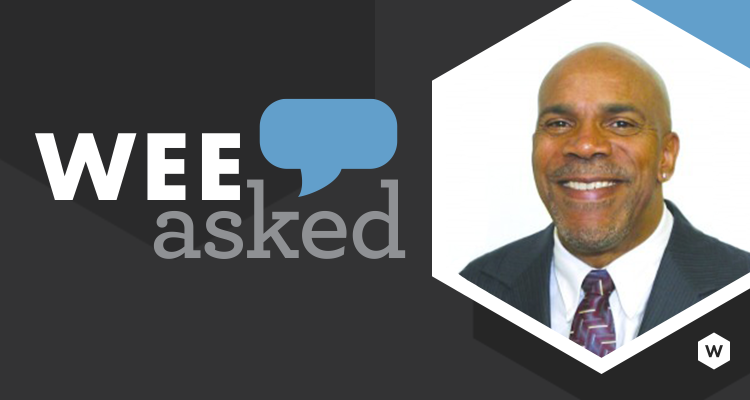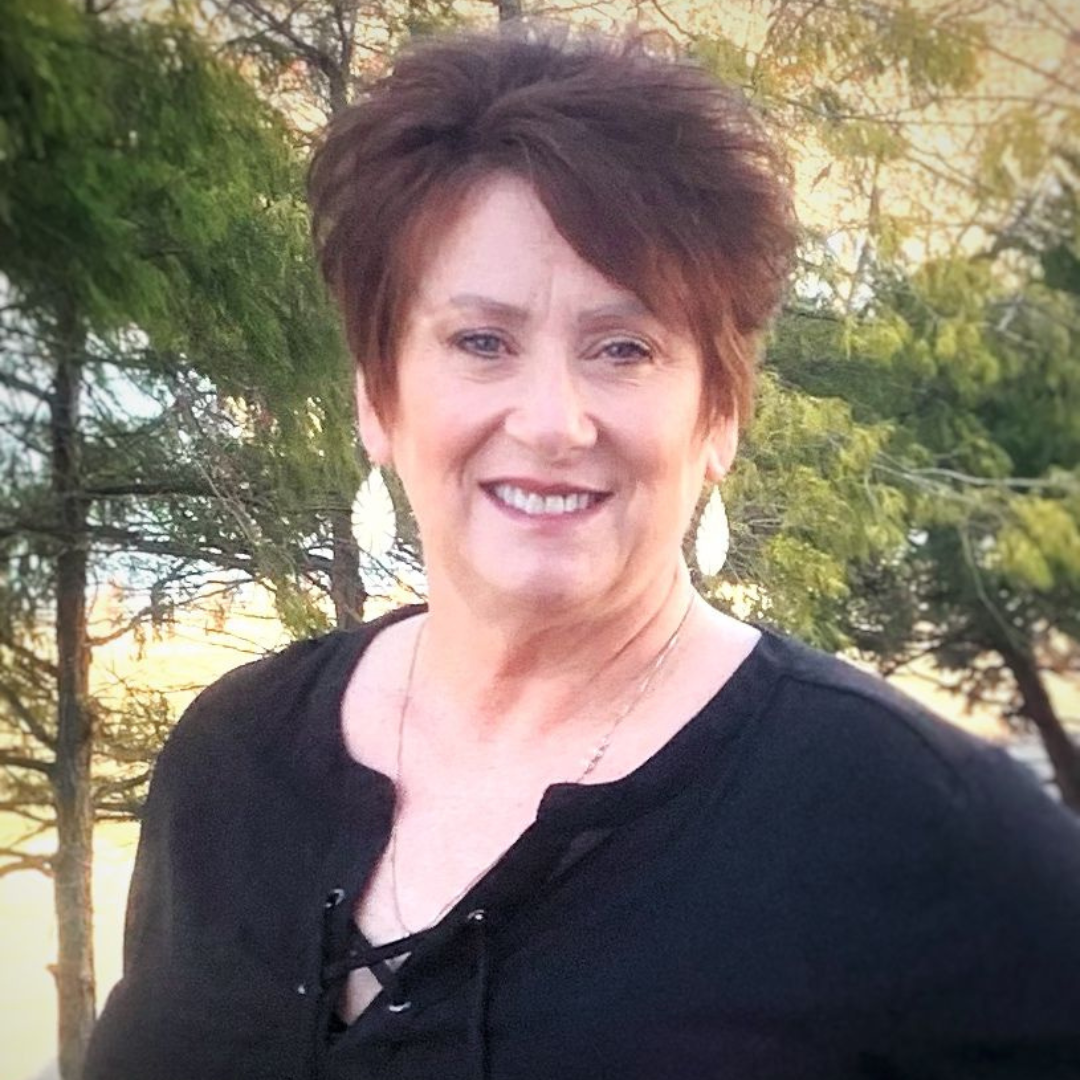George Floyd, Ahmaud Arbery, Breonna Taylor. These three are the latest to be sacrificed for the inequities of our society. Their senseless deaths reflect our failures —failure to learn, failure to change, failure to listen. Christian Cooper’s experience of “bird-watching while black” further underscores the reality of daily life for our Black neighbors.
Despite the COVID-19 pandemic, protests against these injustices have been organized around the globe. The civil rights movement of 2020 is becoming the biggest in history. This gives equal rights activists a flicker of cautious and timid hope. Could this be the year we will finally get it right?

Maybe this is the turning point for real, sustained change. Non-Black allies are looking for guidance as we try to educate ourselves on how to work together within our community to effect the lasting change that is so desperately needed.
For information on how to be better allies, we turned to Owens Brown, president of the West Virginia NAACP and asked him to share his knowledge in an effort to promote unity and understanding.
Brown, a retired Wheeling resident who worked for nearly 30 years as an organization development specialist for the West Virginia Education Association, also served as the organization’s human and civil rights coordinator. Brown holds a master’s degree in agency counseling from West Virginia University, a bachelor’s degree in psychology from West Liberty State College and an sssociate’s degree in electro/mechanical engineering from Belmont Technical College.
Here’s what Owens answered when WEEasked:
How are you doing personally during this difficult time?
I feel like life is a paradox at this moment in time. I feel like I am standing on the edge of a cliff looking at the hope for what the future where humanity prevails over race, ethnicity, religion and all those things that have kept us from the unconditional acceptance of each other. My fear is that we might make a misstep and fall off the cliff into a world that is more chaotic and more dangerous if we allow the forces of self-interest guide us.
Can you suggest some appropriate words of comfort that a non-black person could say to a Black friend right now?
Just say “Hi, friend” with a smile. I read a quote someplace that a smile speaks a thousand languages.
How can we better create a space in Wheeling to listen to Black voices and have conversations about racism?
I honestly don’t know if there is a silver bullet to this question. What we are witnessing are the walls of prejudice, hate and racism being broken down. I just believe there is going to be a general acceptance of each other. George Floyd’s death has been a bonding experience for the nation. It is going to be those one-on-one conversations that people will have when the opportunity presents itself to really get to know each other.
Can you list an action or two a person could take right now to be a better ally to the Black community?
Stop looking at it as the Black community but as the community that we all belong. Try to find the common ground in the community that we all can stand on and benefit from. Going forward, what can we do in our area to support the Black community and utilize the momentum of recent protests to effect positive and meaningful change? The key is talk to the young people of all races and nationalities; get their ideas. The future is theirs. They are the ones who will shed the cloak of racism.
What would you most like to see happen now?
The COVID-19 pandemic has bonded people in an unusual way. Through visual technologies, people began to relate to each other differently and find common ground. We should continue to make an effort to meet and conference with each other through visual technologies. These types of technologies prevent people from hiding under the cloak of anonymity to spout out hatred.
Check out these resources for non-Blacks who would like to learn more about becoming a better ally.
• A lifelong Wheeling resident, Ellen Brafford McCroskey is a proud graduate of Wheeling Park High School and the former Wheeling Jesuit College. By day, she works for an international law firm; by night, (and often on her lunch breaks and weekends) she enjoys moonlighting as a part-time writer. Please note that the views expressed in her writing are solely her own and do not necessarily reflect those of anyone else, including her full-time employer. Through her writing, Ellen aims to enlighten others on causes close to her heart, particularly addiction, recovery and equal rights. She and her husband Doug reside in Warwood with their clowder of rescued cats, each of whom is a direct consequence of his job as the Ohio County Dog Warden. Their family includes four adult children, their spouses and several grandkids.



